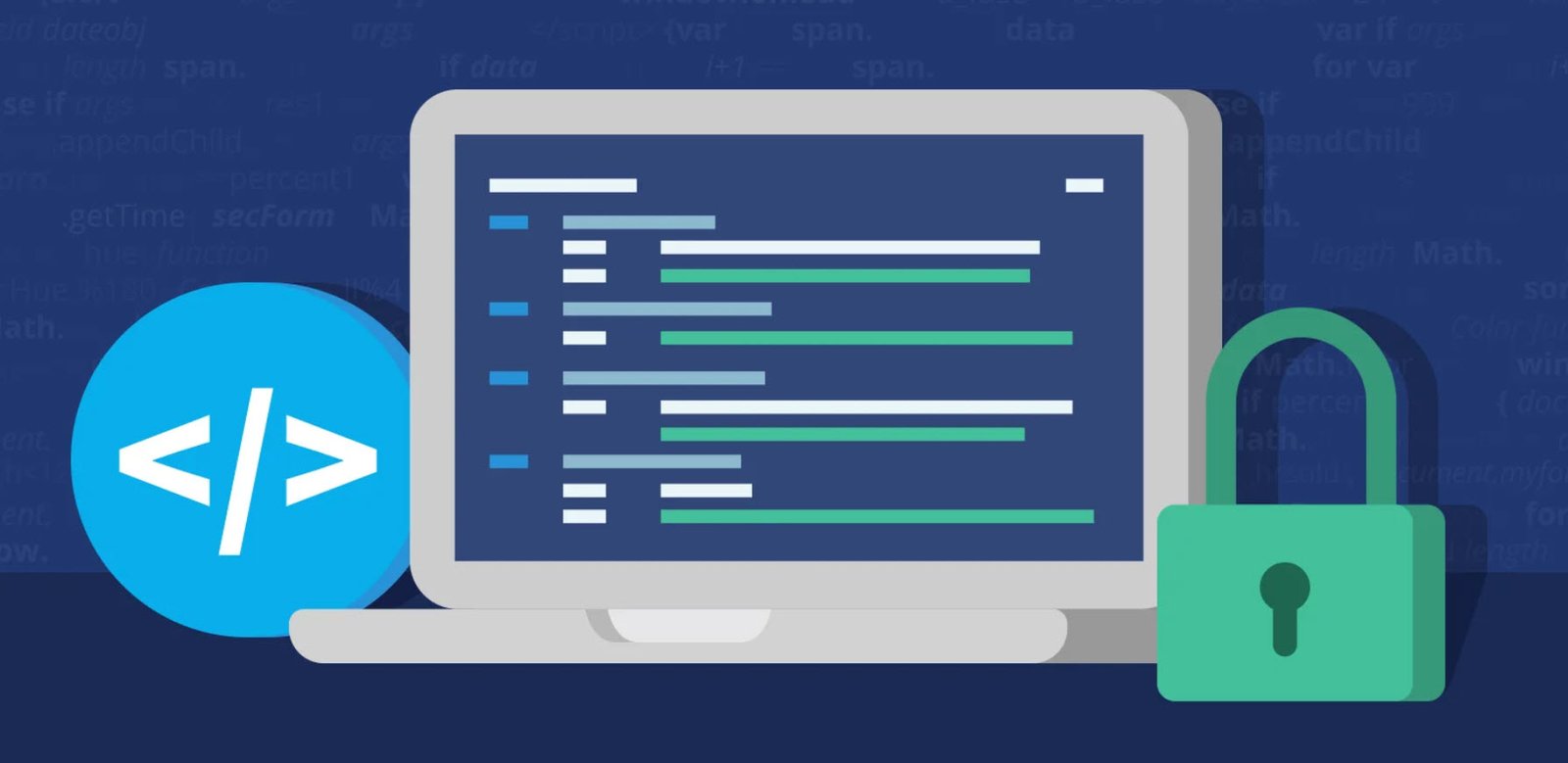
In a recent report by Action Fraud, it has been disclosed that millions of Gmail and Facebook users are at risk of cyberattacks, with Brits losing a staggering £1.3 million to hackers. The data reveals that a concerning 22,530 individuals fell victim to account breaches in the past year alone.
According to Pauline Smith, Head of Action Fraud, the ubiquity of social media and email accounts makes everyone susceptible to fraudulent activities and cyberattacks. As technology advances, detecting fraud becomes increasingly challenging, emphasising the critical need for enhanced security measures.
The report highlights three primary methods exploited by hackers to compromise accounts: on-platform chain hacking, leaked passwords, and phishing. On-platform chain hacking involves cybercriminals seizing control of one account to infiltrate others. Moreover, leaked passwords from data breaches pose a significant threat to account security.
⚠️ 22,530 people reported their email or social media accounts hacked in 2023.
✅Enabling 2-step verification (2SV) can keep hackers out of your account, even if they know your password.
ℹ️https://t.co/zMERx4MolN#TurnOn2SV pic.twitter.com/VmSd7CTcKA
— Action Fraud (@actionfrauduk) March 23, 2024
To safeguard against such threats, Action Fraud recommends adopting robust security practices. Firstly, users are advised to create strong and unique passwords for each of their email and social media accounts. One effective method suggested is combining three random words that hold personal significance, balancing memorability with security.
Moreover, implementing 2-Step Verification (2SV) adds an extra layer of protection to accounts. With 2SV, users are prompted to provide additional verification, such as a code sent to their phone, when logging in from a new device or making significant changes to account settings. This additional step fortifies account security, mitigating the risk of unauthorised access even if passwords are compromised.
Recognizing the signs of phishing scams is also crucial in preventing account breaches. Users should remain vigilant for indicators such as spelling errors, urgent requests for information, and suspicious inquiries. By staying informed and cautious, individuals can reduce their vulnerability to cyber threats.
In response to the escalating concerns, tech giants like Google have implemented measures to enhance password security. Features such as password security alerts notify users of compromised, weak, or reused passwords, empowering them to take proactive steps to safeguard their accounts.
Conclusion
The prevalence of online account breaches demands users to stay on their tiptoes when it comes to online security. By adopting best practices such as creating strong passwords, enabling 2-Step Verification, and recognizing phishing attempts, users can safeguard their personal information and financial assets from malicious actors.
You may also like:- Pentagon’s Proactive Approach to Cybersecurity – Over 50,000 Vulnerability Reports Since 2016
- Windows Hardening – Key Points To Remember
- Top 10 Fundamental Questions for Network Security
- How to Remove x-powered-by in Apache/PHP for Enhanced Security
- 12 Point Checklist – PHP Security Best Practices
- Secure Programming Checklist – 2023 Compilation Guide
- The Ultimate Network Security Checklist – 2023 Complete Guide
- A Comprehensive Guide to Crafting Strong Passwords
- Top 28 Essential Tips To Safeguard Your Computer
- 26 Tips for Secure Browsing and Online Shopping









This Post Has One Comment